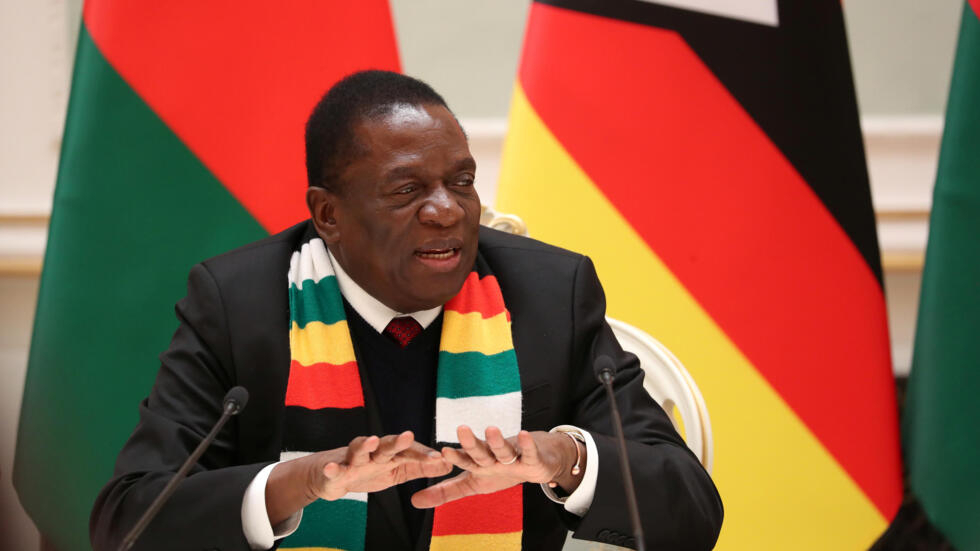In a bid to enhance macro-economic stability, Zimbabwe has implemented continued reforms, according to the fourth World Bank Zimbabwe Economic Update (ZEU) released on December 13, 2023. The report, titled “Electrifying Growth Through Reliable and Universal Energy Access,” outlines the nation’s economic trajectory.
Read More: South African Court Declares Zulu King’s Coronation Unlawful
Despite a global economic downturn and challenges, Zimbabwe’s economy exhibited resilience, becoming one of the fastest-growing in the Southern African Development Community. The report projects a moderate economic outlook for 2024, with growth expected to slow to 3.5 percent due to factors like depressed global growth and erratic rainfall patterns caused by the El Niño weather phenomenon.
The government’s proactive measures, initiated since June 2023, include tightening monetary policy to curb inflation and pavrallel market pressures. The extension of the use of US dollars as legal tender until 2030 has further reduced policy uncertainty.
Read More: US-Africa Trade Hits Record $14.2B in 2023 – White House
However, the ZEU identifies challenges such as global headwinds, structural bottlenecks, weather-related shocks, and price and exchange rate volatility. To mitigate these risks, the report emphasizes the importance of sustained economic reforms, including fiscal adjustments and rebuilding foreign exchange reserves.
A special chapter in the ZEU focuses on Zimbabwe’s energy sector, highlighting persistent challenges despite recent achievements. Power outages of 12–14 hours a day are a significant concern, costing the country an estimated 6.1 percent of GDP annually. The report underscores the need for addressing these challenges to ensure reliable energy and expand electricity services to the majority of the population by 2030.
Read More: The Synergy of African Innovation and Narrative Alchemy
World Bank Country Manager Eneida Fernandes stressed that addressing macroeconomic challenges, including price and exchange rate volatility, remains crucial to sustaining economic growth, creating jobs, and tackling high poverty and food insecurity rates in Zimbabwe. The ZEU provides a comprehensive overview of recent economic developments, outlook, and macroeconomic issues facing the country, offering valuable insights into the path ahead.
